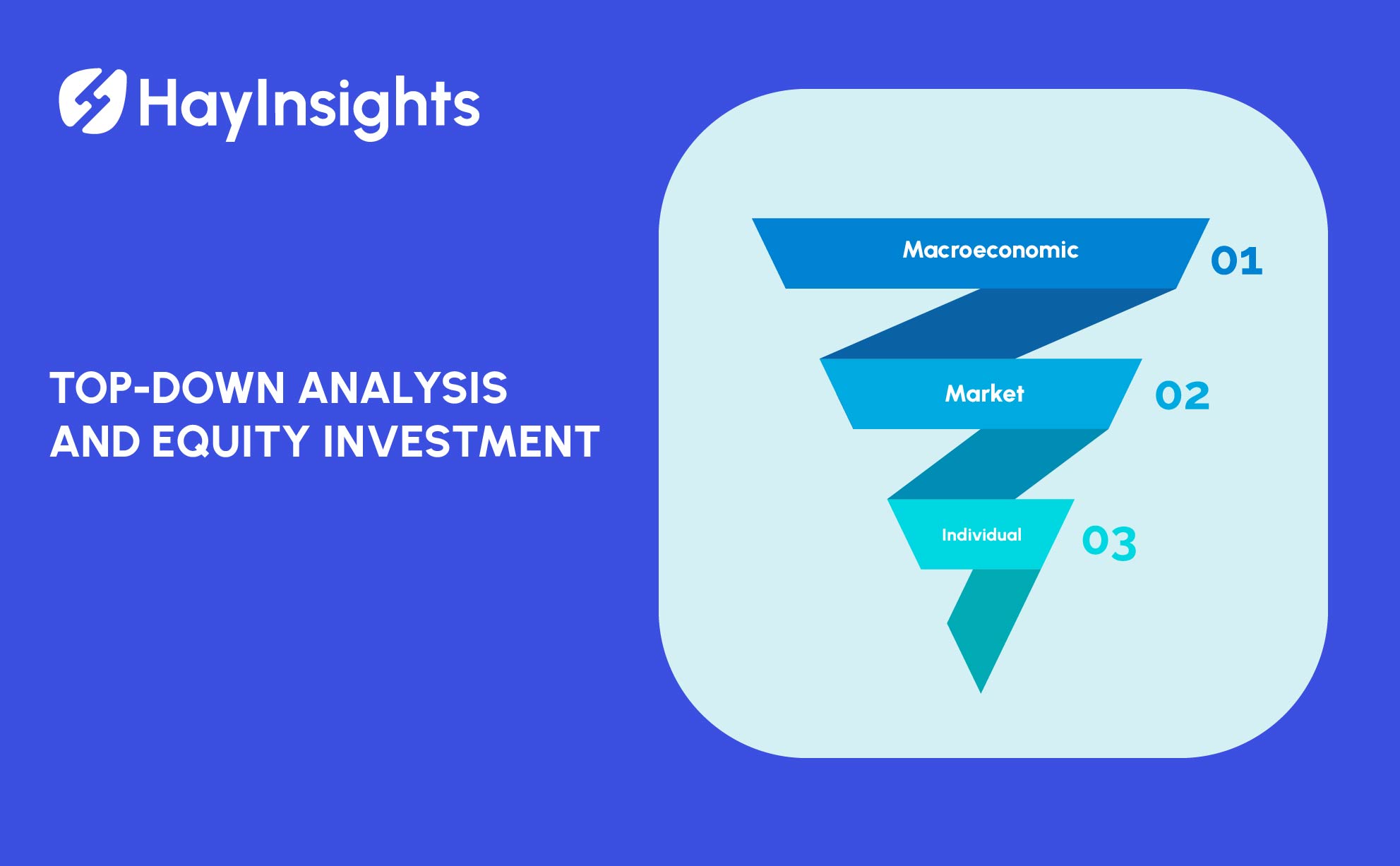
Role of Technology and Fintech in Japan’s Asset Management Industry 2024
Japan’s asset management industry, traditionally known for its conservative approach, has been undergoing a significant transformation, largely driven by advancements in technology and the rapid rise of fintech. As in other global markets, technology is reshaping how asset managers operate, make investment decisions, interact with clients, and respond to market trends. In a country grappling with unique demographic challenges, such as an aging population and ultra-low interest rates, fintech innovations present both opportunities and solutions for the future of asset management in Japan.
1. The Current Landscape of Asset Management in Japan
The asset management industry in Japan is a vital component of its financial sector, managing trillions of dollars in assets. Historically, Japanese asset managers have been relatively slow to adopt cutting-edge technology compared to their counterparts in the U.S. or Europe. However, that narrative is changing as the need to optimize operations, improve customer engagement, and enhance returns is pushing asset managers to embrace fintech solutions.
The Japanese market is characterized by a heavy reliance on institutional investors like pension funds, as well as retail investors seeking safe, income-generating assets due to the country’s prolonged low-interest-rate environment. This context has encouraged innovation aimed at finding new avenues for growth and improving efficiency. Technology has emerged as a key enabler for asset managers looking to stay competitive in a rapidly evolving market.
2. The Rise of Robo-Advisors
One of the most visible impacts of fintech in Japan’s asset management industry is the rise of robo-advisors. These automated platforms use algorithms to offer personalized investment advice and portfolio management services at lower costs than traditional human advisors. Companies like WealthNavi, THEO by Money Design, and Rakuten Securities have capitalized on this trend, providing Japanese investors with convenient, digital-first investment platforms.
Robo-advisors are particularly appealing to younger investors and those who may be less experienced in managing their own investments. These platforms typically offer low barriers to entry, enabling retail investors to access sophisticated asset allocation strategies previously available only to high-net-worth individuals. The use of algorithms and data-driven investment models ensures that portfolio rebalancing and risk management occur efficiently, and many platforms include features like tax-loss harvesting and retirement planning.
3. Artificial Intelligence (AI) and Data Analytics in Investment Management
Artificial Intelligence (AI) and data analytics are increasingly being integrated into Japan’s asset management industry, with the aim of enhancing investment decision-making processes. AI’s ability to process vast amounts of data, detect patterns, and generate insights is particularly valuable in a market where speed and accuracy in decision-making can drive returns.
In Japan, AI-driven tools are used to analyze market trends, identify investment opportunities, and manage risk more effectively. Some firms have developed AI systems capable of predictive modeling, helping managers forecast market movements or optimize portfolios by analyzing macroeconomic factors, corporate earnings reports, and social sentiment.
For example, Japanese asset managers have started to incorporate AI-based trading algorithms that automatically execute trades based on real-time market conditions. These systems can react to market fluctuations faster than human traders, providing a competitive edge in high-frequency trading scenarios.
Additionally, data analytics is revolutionizing how asset managers in Japan understand client behavior. By analyzing customer data, firms can better tailor their offerings to individual preferences, track client engagement, and deliver more personalized financial products. This type of client-focused innovation is especially critical in Japan, where customer loyalty is a core cultural value.
4. Blockchain and the Tokenization of Assets
Blockchain technology has begun making inroads into Japan’s asset management space, particularly through the tokenization of assets. Blockchain’s distributed ledger technology ensures security, transparency, and immutability, making it an attractive tool for asset managers.
Tokenization allows physical assets such as real estate, commodities, or even art to be digitized and traded as tokens on a blockchain. This opens up new avenues for investors by increasing liquidity in traditionally illiquid markets and allowing fractional ownership of high-value assets. In Japan, firms like SBI Holdings have been exploring blockchain technology to facilitate the creation of digital securities, improving access for retail investors and potentially democratizing investment in alternative assets.
Blockchain is also being used to streamline back-office operations within asset management firms. Processes like settlement, clearing, and record-keeping can be automated, reducing costs and the potential for human error. This is especially important in Japan, where operational efficiency is a key focus for firms looking to maintain profitability in a challenging economic environment.
5. Impact of Fintech on Regulatory Compliance
As fintech transforms Japan’s asset management industry, regulatory compliance has become a critical focus area. The Financial Services Agency (FSA), Japan’s main financial regulator, has taken steps to create a more fintech-friendly environment, promoting innovation while ensuring robust risk management frameworks are in place.
Technological innovations, such as regtech (regulatory technology) solutions, are helping asset managers in Japan comply with increasingly complex regulations. These tools use AI and machine learning to automate compliance tasks, such as monitoring transactions for suspicious activities, conducting due diligence, and ensuring adherence to anti-money laundering (AML) and know-your-customer (KYC) regulations.
By reducing the burden of manual compliance tasks, fintech-driven solutions enable asset managers to focus more on strategic activities such as portfolio management and client engagement. Regtech tools also allow for real-time reporting and monitoring, which is crucial in an era where regulatory scrutiny is continuously increasing.
6. Digital Platforms and Client Engagement
The shift toward digital platforms has changed how asset management firms in Japan engage with their clients. Traditional face-to-face consultations are being supplemented, if not replaced, by mobile apps, online portals, and chatbots. These tools allow clients to monitor their portfolios, execute trades, and receive financial advice in real-time from anywhere.
One example is Monex Group, a major online brokerage in Japan, which has developed a comprehensive mobile platform offering a range of services, from stock trading to wealth management. Such platforms provide clients with easy access to their investment accounts, increasing transparency and engagement.
Moreover, chatbots powered by natural language processing (NLP) are being used to answer client inquiries, offer investment tips, and automate administrative tasks. These digital assistants are particularly useful for asset management firms looking to scale their operations without increasing costs.
7. The Future of Fintech in Japan’s Asset Management Industry
The future of fintech in Japan’s asset management industry is promising, with ongoing developments in AI, blockchain, and digital platforms set to further disrupt the market. As fintech continues to evolve, it is expected that more sophisticated AI models will emerge, capable of making increasingly complex investment decisions. Meanwhile, blockchain-based solutions will likely enhance transparency and accessibility, especially in niche markets such as real estate or private equity.
Furthermore, as the demographic landscape of Japan changes, with a growing segment of tech-savvy younger investors entering the market, asset management firms will need to continuously innovate to meet their needs. Firms that successfully leverage technology to enhance both operational efficiency and client experiences are likely to dominate the future of Japan’s asset management industry.
In conclusion, technology and fintech are playing an ever-growing role in reshaping Japan’s asset management industry. From robo-advisors democratizing access to investments to AI enhancing decision-making and blockchain enabling new asset classes, these innovations are driving efficiency, reducing costs, and enhancing the customer experience. As Japan continues to embrace technological advancements, the country’s asset management industry is well-positioned to thrive in an increasingly competitive global market.













